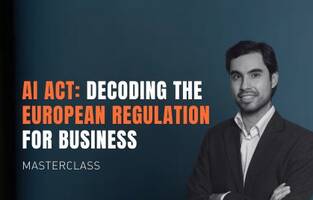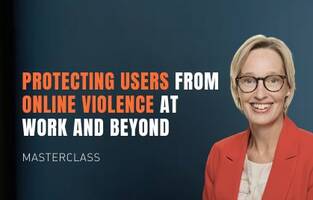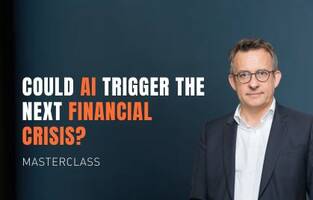Key findings
- Purpose impacts performance only when employees experience it authentically.
- Leaders must embody purpose, aligning actions with organizational values.
- Tangible practices and workshops make purpose actionable and aspirational.
- Purpose-driven organizations see higher engagement, innovation, and financial outcomes.







